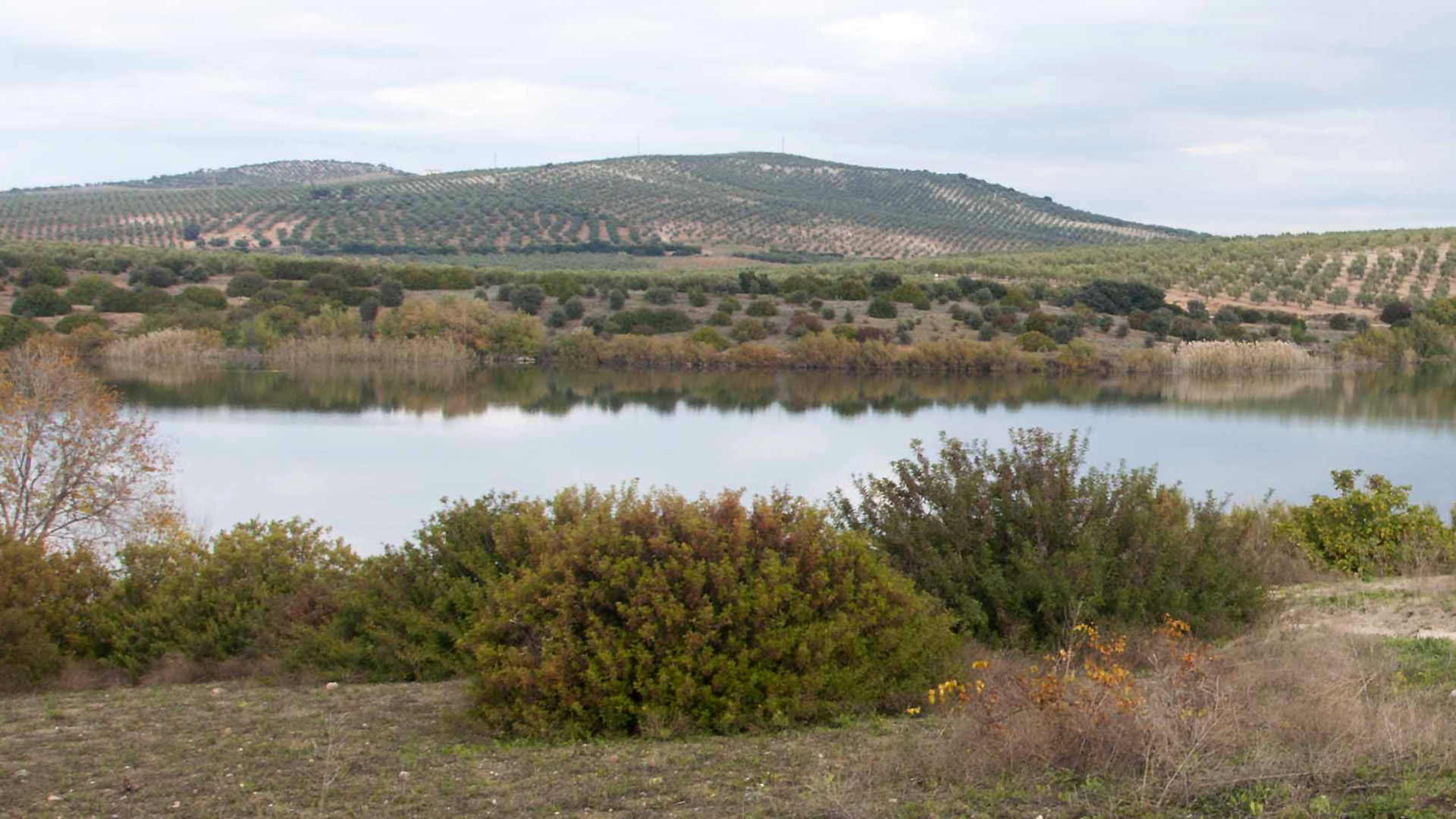Lake systems – The interplay between climate, anthropogenic impacts, and the carbon cycle
Understanding past climatic variation and environmental responses in continental settings is essential to developing responses to future climate change. However, to accurately reconstruct past climate, it is crucial that robust proxies are used.

Freshwater systems record past climate through the preservation of microbes, algae, and remains of plants and animals in their sediments. The chemical fossils that these communities leave behind, and the isotopic ratios contained therein, are dependent on a variety of environmental factors: including temperature, salinity, ionic composition, and pH, present during the organisms’ life.
Utilising high performance liquid chromatography - mass spectrometry, the Earth Ecosystem Dynamics group focuses on the analysis of bacterial membrane molecules branched glycerol dialkyl glycerol tetraethers. The research conducted by this group is developing and applying new and robust proxies, while simultaneously improving the reliability of present proxies, to expand the range of environmental parameters that can be reconstructed on downcore lake sediment records.